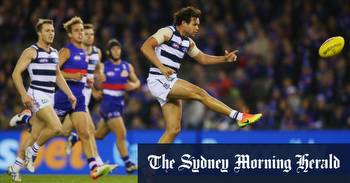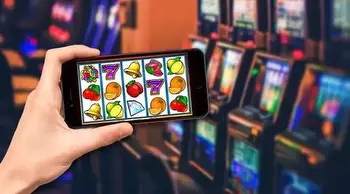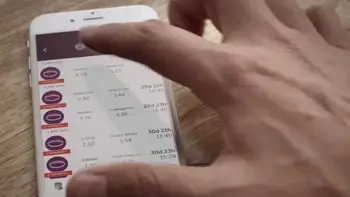Gambling: Children given unrealistic view of real-life gambling through exposure to gaming apps, websites, researchers warn
Children given unrealistic view of real-life gambling through exposure to gaming apps, websites, researchers warn
Children and adolescents are exposed to growing risks from online games that make them more likely to graduate to harmful or addictive gambling, according to researchers who are calling for stronger federal rules over “predatory” games.
The gaming apps and websites are giving children an “irrational belief” in their future success at serious gambling because the apps with gambling themes have inflated payout rates and make it likely that users will overestimate their chances of winning in real life.
The warning from University of Sydney professor Sally Gainsbury is part of a series of submissions to a parliamentary inquiry canvassing reforms to the sector, with calls from individuals who want change because of their experience as gambling addicts.
But the inquiry has also heard from peak sports organisations that believe gambling advertising plays an important role in funding sport, while the social gaming industry says only 1.6 per cent of people pay for in-app purchases on mobile games.
The International Social Games Association rejected the concerns by saying features such as “loot boxes” — that offer players a series of virtual assets – should not be conflated with gambling.
The industry said children were a “tiny cohort” of the gaming community and there were no social games available in Australia that constituted gambling.
The competing views set up a test for the inquiry, which was launched at the federal government’s request, to decide whether to broaden rules to capture apps and games that have gambling features even when children and adolescents are not playing with real money.
Gainsbury emphasised that off-line gambling was the bigger part of the business, with 67 per cent of gambling in person while 18 per cent did so online and 12 per cent did both. She noted that “online gambling” was a broad term that covered internet bets on sport and horse racing as well as online casinos and games that worked like online poker machines.
“This submission urges the review to closely consider the increasing availability of gambling themes and mechanics within games and the potential impact of these, particularly on children and adolescents,” she wrote, with colleagues from the Brain and Mind Centre at the University of Sydney.
“Research and clinical evidence show that early exposure to and engagement with gambling and the creation of favourable attitudes and expectations of winning is associated with ongoing gambling and increased risk of the development of gambling problems.”
A study of 521 Australian adults found that 19.4 per cent of the users of games with gambling themes said they had gambled for real money as a result of playing the game, she said in her submission to the inquiry.
A study of 130 Australian adolescents found that 29 per cent of those who had played games with gambling themes reported a greater desire to gamble, while 28 said their actual gambling had increased.
“Young people appear to be focused on the possibility of winning money gambling and it is possible that social casino games increase irrational beliefs in future success at gambling activities,” wrote Professor Gainsbury and her colleagues.
Separate research has warned of the way children can make in-app purchases that leave their parents to pay the bill.
While online casinos are banned under Australian law, many operate overseas. American group Data.ai says Australian consumers spent $US115 million ($172 million) on casino games in the first half of this year.
The Alliance for Gaming Reform, which includes former World Vision chief Tim Costello, called for federal rules to restrict the exposure of children and the creation of a new regulator, as well as bans on broadcast advertising and other forms of promotion by the gambling companies.
But an alliance formed by the big sporting codes urged the inquiry to consider the financial support from gambling and gambling advertising, adding that betting on live sport was a legitimate past-time.
The coalition, which ranges from the AFL to Cricket Australia, the NRL and Netball Australia, also noted past research that found gambling taxes added $6 billion to government coffers.
“It is inevitable that sporting events will attract betting markets,” said the Coalition of Major Professional and Participation Sports, or COMPP.
Cut through the noise of federal politics with news, views and expert analysis from Jacqueline Maley. Subscribers can sign up to our weekly Inside Politics newsletter here.































